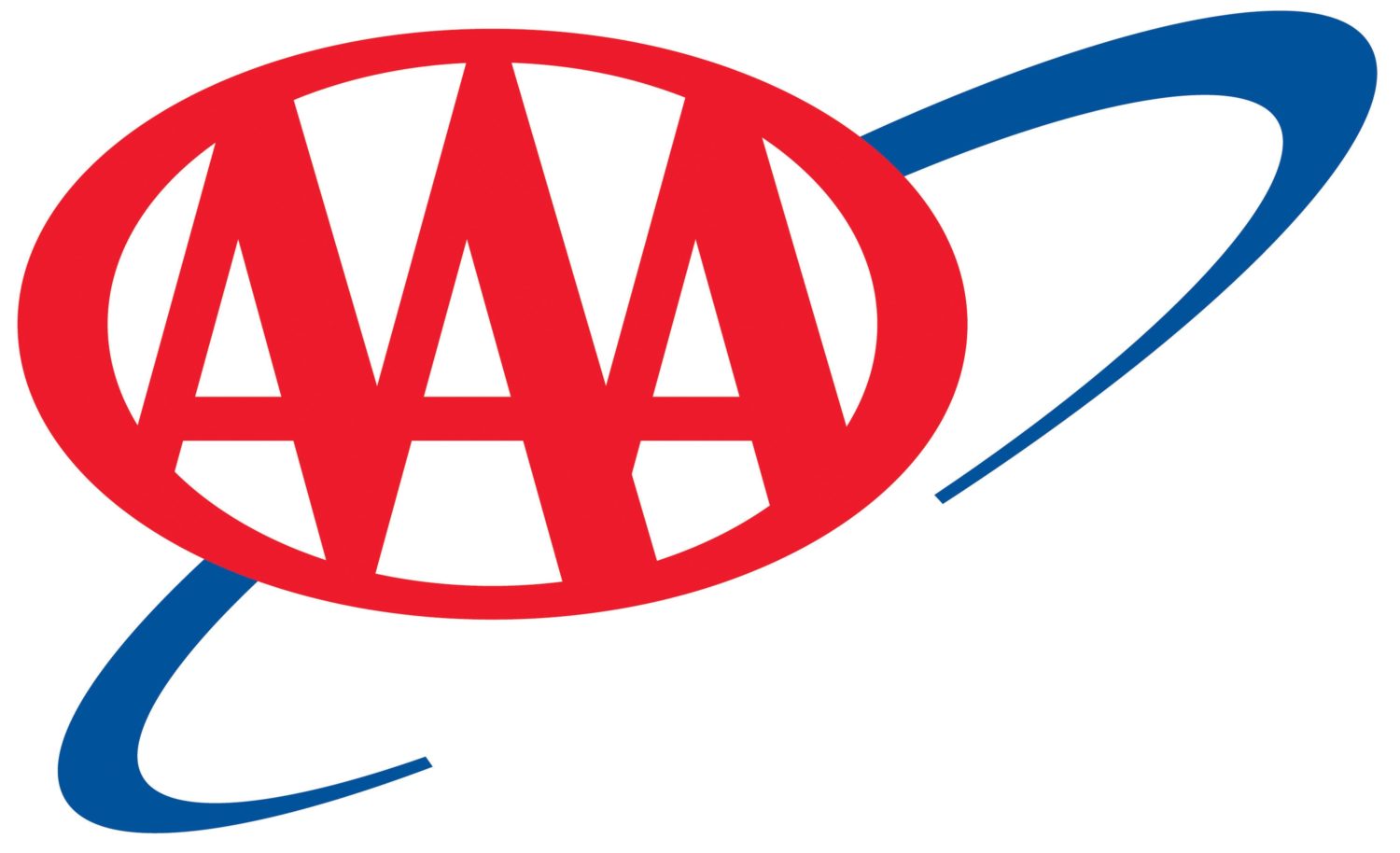AAA Kansas is reminding anyone making plans to get away to take every precaution against identity theft, including the protection of personal documents and credit cards that are at increased risk of being lost or stolen.
According to the Federal Trade Commission (FTC), in 2021:
-
Fraud complaints increased almost 20% from the prior year to almost 6 million.
-
ID theft, the most common fraud, made up about 24% of those complaints
-
Financial losses from fraud rose almost 80% from the previous year
-
The majority of identity theft reports came from Millennials and Gen Xers
AAA is providing tips to minimize the risk of identity theft:
- Clean out your wallet or purse. Only carry what you absolutely need for the trip, such as your driver’s license, passport and the credit or debit cards you’ll be using.
- Contact your bank and credit card providers. Let them know you’ll be traveling to alert them of unusual charges, and they won’t decline your card due to suspected fraudulent activity.
- Enable two-factor authentication on accounts when given the option to do so. This provides an extra layer of security.
- Make copies of your driver’s license, passport and debit/credit cards. Leave with a trusted friend or family member for easy retrieval should the originals be lost or stolen.
- Sign up for identity theft protection. This type of service will monitor your personal information activity and financial accounts and alert you if it detects problems.
- Don’t put anything of value in checked luggage. Keep the most sensitive documents in a bag tucked under the seat in front of you on a plane, rather than in anything that goes in the overhead bin — and out of your sight.
- Lock up important documents. Unless you need them, keep your passport and other documents locked in your hotel safe.
- Don’t use public Wi-Fi. Doing so leaves users susceptible to hackers intercepting personal information or implanting malware on a targeted computer or device.
- Make sure any websites you visit – at home or abroad – begin with https and not just http. The ‘s’ stands for secure.
- Avoid ATMs in remote locations. These devices may have skimmers attached or cameras watching your withdrawal. While it can be impossible to avoid ATM machines on vacation, especially if you’re on a long trip, use them sparingly and try to only use machines connected to a major bank.
Upon your return, closely monitor your bank account, review all credit card transactions and immediately report any suspicious activity. Visit AAA.com for more information on identity theft protection.
It looks like you are not a member of VIP Club yet. Please fill out the form below to access the page and join the VIP Club







